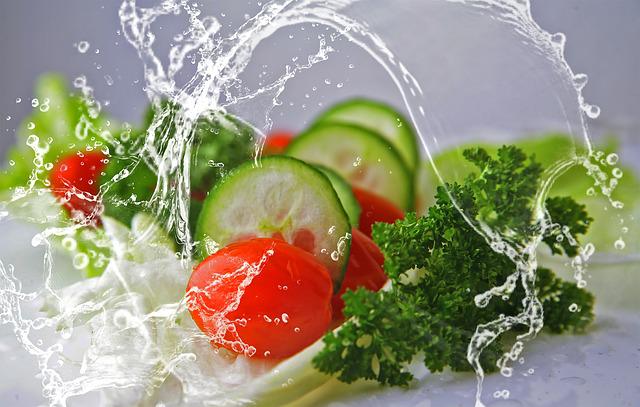How should Patients with Seminal Vesiculitis Eat? You can't go Wrong
Date:2022-06-18 click:0
Before talking about how to eat, let's look at what seminal vesiculitis is.
Seminal vesiculitis is an inflammation of the seminal vesicles caused by various pathogens. It can divide into acute seminal vesiculitis and chronic seminal vesiculitis. Acute seminal vesiculitis is caused by the spread of acute prostatitis to the seminal vesicles, manifested as sudden urinary frequency and urgency, perineal pain, fever, and other symptoms.
Chronic seminal vesiculitis is caused by chronic prostatitis, manifested as lower abdominal pain, perineal pain, lumbosacral pain, frequent urination, urgency, and clinical manifestations of blood sperm.

So what should you eat with vesiculitis? Which foods are good for it?
1. Beef
Beef is rich in protein, and its amino acid composition is closer to the human body's needs than pork, improving the body's disease resistance. It is especially suitable for people who grow and develop after surgery and post-illness to supplement blood loss and repair.
2. Fish
The nutritional value of fish is very high, and it is a low-calorie, low-fat, high-protein food. It is rich in trace elements such as vitamin A, vitamin E, calcium, magnesium, phosphorus, manganese, selenium, zinc, iron, potassium, and so on, which are necessary for the human body.
It has the functions of promoting bone development, preventing anemia, enhancing intelligence, and improving immunity. The rich protein in fish can replenish energy for patients and is conducive to promoting the recovery of wounds after seminal vesiculitis surgery. However, when you eat some freshwater fish, Try not to eat sea fish to avoid edema and infection from the damage. Tissue. It also has a specific effect.
3. Grapefruit
Grapefruit is very nutritious, containing protein, vitamins, inorganic salts, cellulose, pectin, folic acid, and other nutrients. It contains vitamin C, vitamin P, and other vitamins that have the antioxidant capacity, can remove free radicals in the body, moisturize the skin, and enhance immunity, which shows the nutritional value of grapefruit is very good.
Patients with seminal vesiculitis can also eat grapefruit for conditioning. Grapefruit has a strong fragrance, can purify complex thoughts, and can refresh. In addition, grapefruit is rich in vitamins, which can maintain the concentration of red blood cells and make the body resistant.
If a man suffers from seminal vesiculitis, he must take treatment measures as soon as possible to prevent the aggravation of the condition so as not to affect his health. The primary antibiotics used in the treatment include levofloxacin, ofloxacin, or some antibiotics of cephalosporins. Still, the treatment of seminal vesiculitis generally takes one week to two weeks of oral antibiotics. Dysbacteriosis may result, and secondary fungal infection may occur.
Therefore, people must pay attention to the time limit in using antibiotics. The symptoms of pain, redness, swelling, heat, and pain in the seminal vesicle of the patient disappear, and antibiotics can be discontinued. Therefore, it is recommended to use antibiotics to treat seminal vesiculitis in clinical work for one week to two weeks. It is not recommended to take too long to avoid secondary fungal infection.
Herbal Diuretic and Anti-inflammatory Pill can be selected for treatment for those who are ineffective in antibiotic therapy. It not only eliminates the symptoms of the disease but also eliminates the root cause of the disease and solves the recurrence drawback of the traditional antibiotic treatment mode due to incomplete sterilization.
In addition to this, patients require enhanced personal care.
1. Control the sexual life. Frequent sexual life will aggravate the damage to the seminal vesicles during ejaculation. But some patients who abstain from sex cannot effectively discharge the inflammation in the seminal vesicles. So men should have moderate sex.
2.Take active anti-inflammatory treatment. Usually, quinolone drugs or third-generation cephalosporins are recommended for patients to be administered intravenously for about a week to ten days.
3. Patients with seminal vesicles should not smoke, drink alcohol, and eat spicy food, because it will increase the congestion of the seminal vesicles, resulting in further aggravation of seminal vesicles.
4. Avoid standing or sitting long and catching a cold. These behaviors will aggravate pelvic congestion and the symptoms of seminal vesiculitis.
Recommended Readings:



